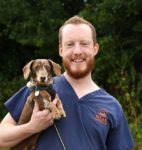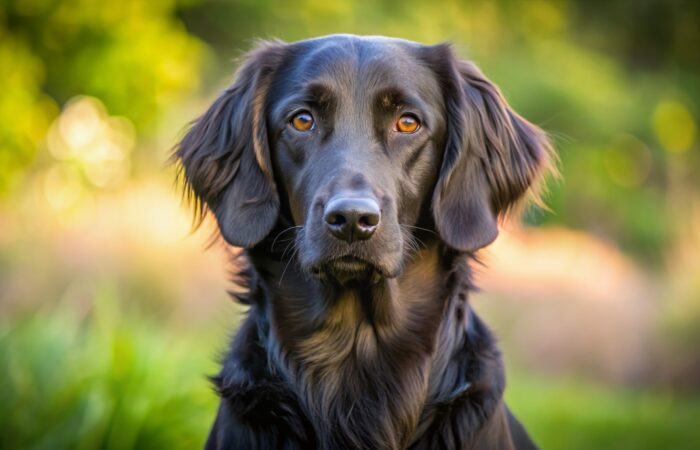A fundamental approach to diagnosing and treating cancer in small animal veterinary practice
This veterinary thought exchange online tutored course is aimed at veterinarians in practice that have little to no experience in diagnosing and treating cancer in small animal clinical practice.
Cancer will account for the deaths of nearly one in three purebred dogs in the UK, and owners are more concerned about cancer compared with other geriatric diseases such as heart disease. However, many vets may not feel fully equipped to deal with cancer cases in primary care. The rapidly evolving treatment options can also add confusion as to what is available.
The aim of this course is to provide the fundamental basics of approaching a dog or cat with cancer. In this 8-week course we will approach the investigations and treatment options covering medical, surgical and radiation oncology to give clinicians more confidence in treating cancer cases in small animal clinical practice. This course is a must for anyone who feels ill-equipped with approaching cancer cases in practice.
The course is run by Aaron Harper (EBVS and RCVS Recognised Specialist in Small Animal Oncology). It runs over an eight-week period and takes around 10 hours to complete. The course is delivered via video webinars and supplemented with a real-time discussion forum, giving you the opportunity to ask questions or discuss cases you may be facing in your practice.
(Access to this course is for 12 months).
Course Content
- Describe the mechanisms by which cancer can arise in small animals
- Understand the hallmarks of cancer and how they impact treatment decisions
- Understand how cancer biology leads to treatment resistance
- Describe the commonly encountered tumour types in small animals
- Understand the benefits and pitfalls of different diagnostic techniques for various tumours
- Develop strategies, using case examples, to diagnose the commonly encountered tumours in veterinary patients
- Describe the pros and cons of different imaging modalities for staging
- Understand how tumour biology will influence the method of staging required
- Develop staging plans for the commonly encountered tumours in small animal practice
- Describe the commonly encountered paraneoplastic syndromes in small animal practice
- Understand the mechanisms behind common therapies for hypercalcaemia and when they may or may not be appropriate
- Develop treatment plans for patients with paraneoplastic syndromes, focussing on hypercalcaemia of malignancy
- Describe the common classes of chemotherapy drugs and how they work
- Understand the health and safety implications of giving chemotherapy in practice
- Develop chemotherapy plans for some of the commonly encountered cancers in small animal practice.
- Be able to recall recommendations regarding margins for commonly encountered solid tumours
- Understand how the main skin reconstruction techniques can be used for tumour surgery
- Be able to formulate surgical plans for commonly encountered tumours
- Describe the basic principles of radiation therapy
- Understand the indications for radiation treatment in small animals, focusing on adjuvant treatment and for non-surgical tumours
- Develop treatment plans for common tumours involving radiotherapy.
- Understand the concepts around palliative care and how to apply them to veterinary oncology patients
- Describe some of the commonly used drugs used in palliative care
- Develop palliative treatment plans for some of the commonly encountered cancers in small animals.
Meet the speakers

Aaron Harper
Oncology Specialist

Jon Hall
Surgery Specialist (Soft Tissue)

Juan Carlos Serra
Radiation & Oncology Specialist
already purchased this course? login to your vtx account for access
login

